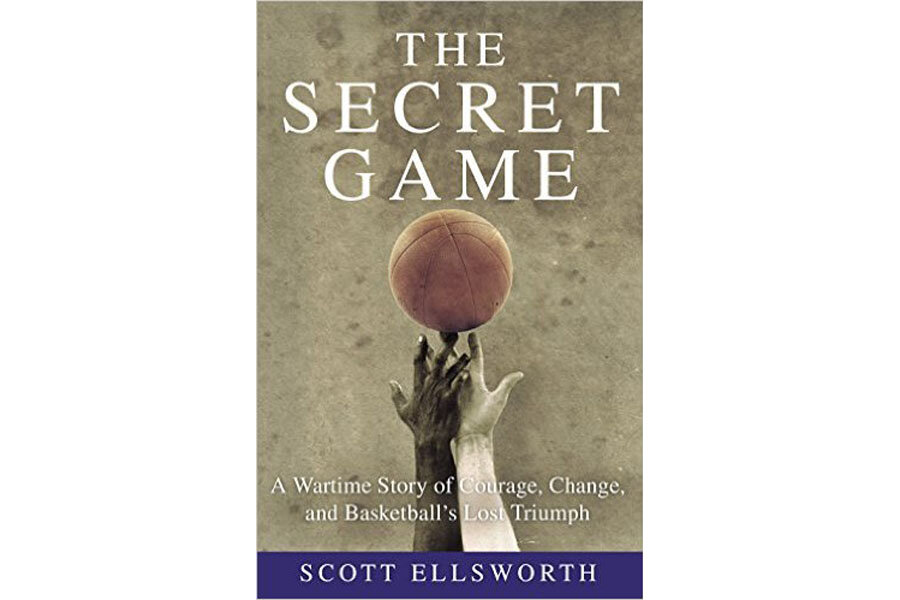Here’s a work that digs up a previously untold chapter in basketball history that proves that fact is often better than fiction. The secret game in this case occurred in 1943 when the best basketball team on the Duke University campus was not the men’s varsity but an all-white military team from the medical school, which was loaded with former college stars. In this pre-integration period, though, there was another team in Durham, that at the North Carolina College for Negroes, which was dominating its black opponents. How these two teams came to play a highly secretive challenge game underpins a narrative crafted by the skilled hand of a former historian at the Smithsonian Institution.
Here’s an excerpt from The Secret Game:
“Inside the car, nobody was doing much talking. Wearing light jackets and holding their gym bags on their laps, the players were jammed knee to knee in both the front seat and the backseat. There would be no ducking, no lying down on the floor of the car this time. If they were seen, they were seen. Luckily, aside from a few stragglers late for church, the downtown streets were empty. Just before they crossed the Southern Railway tracks, near the tobacco warehouses, somebody mentioned that they hadn’t brought a ball. But once they crossed over into Colored Town, all conversation ended. There weren’t any cars here, either – especially no police cars – just empty chairs set out on front porches, a stray dog slowly nosing its way along the sidewalk, and the faint sounds of a choir came from the big brick church along the way."







